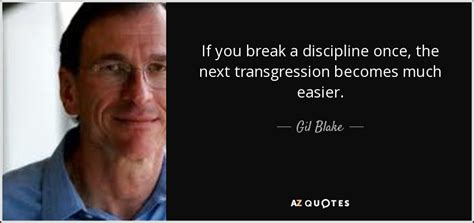A Quote by Paul Keating
Think of one structural change in 11 years he made, other than being just doling out money in the annual Budget? And don't say the GST because Howard did that and it wasn't a structural change anyway, just a change in the tax system. This is a low flying person.
Related Quotes
It's great we have a female Thor. It's great we have a black Captain America. But those are just optics; it's optics of change... Unless you have the structural diversity, the structural change behind the scenes - more women, more people of color actually calling the shots and editing these books - those optics won't last.
I think that many citizens understand how our system works, or rather, fails to work, for structural reasons. But who has the capacity and the incentives to bring change? The banks and other corporations love the system because it allows them to buy legislation that serves their own interests even at the expense of the vast majority of citizens. Incumbent politicians love the system because it allows them to raise millions of dollars toward defending their seats.
It's very hard to track down what's real and what's not real. We haven't absorbed what climate change is doing. Because whether people associate it or not, fear of immigration is completely related to climate change, because the mass migrations that are happening, the war in Syria, all of these structural human migrations are related to climate change.
Wherever we are, we can call for and create these kinds of settings for authentic dialogue. This is the seedbed of social change. In a voiced community, we all flourish. But it's not easy. Revolutionary patience and persistence is required. It can be messy, it is unpredictable, and change, especially structural change takes time - time and leadership and the will of an engaged community. What is needed? In a word, courage.
Two years gives you enough time to grow and to change, and to, you know, change your priorities. Change where you live, change your hair, change what you believe in, change who you hang out with, what’s influencing you, what’s inspiring you. And in the process of all of those changes in the last two years, my music changed.
I think a lot of people want people who actually have qualities they don't find attractive as a way of being able to change them. It's fascinating, because people think if they can change the other person, they can change themselves. It's a complex phenomenon. It's a fantasy that's actually about being able to come to terms with ourselves.
Anytime we think the problem is 'out there,' that thought is the problem. We empower what's out there to control us. The change paradigm is 'outside-in' - what's out there has to change before we can change. The proactive approach is to change from the 'inside-out': to be different, and by being different, to effect positive change in what's out there - I can be more resourceful, I can be more diligent, I can be more creative, I can be more cooperative.
I agree with O'Toole that custom and comfort are impediments to change. However, it is important to recognize that resistance to change is logical as well. The new "change masters" literature seems to take change as the norm. It isn't. Humans naturally see change as risky because it is risky, just as mutations in genes are mostly destructive. You would not want to go to work were everything changed every week! The phone system, the office assignments, who reports to who, and the whole set of job expectations.

































